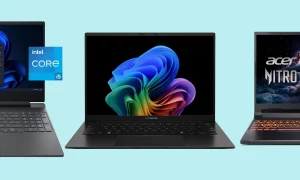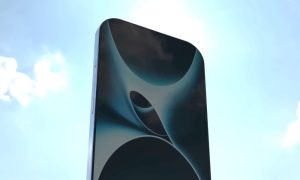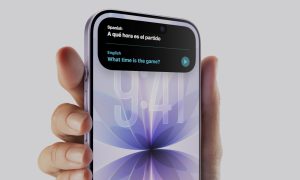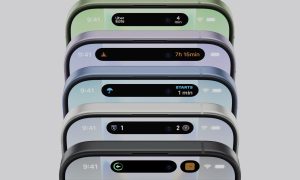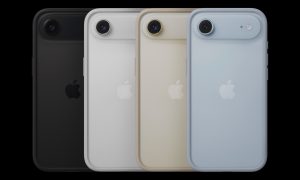Apple Is Working on Built-in Display Privacy Technology
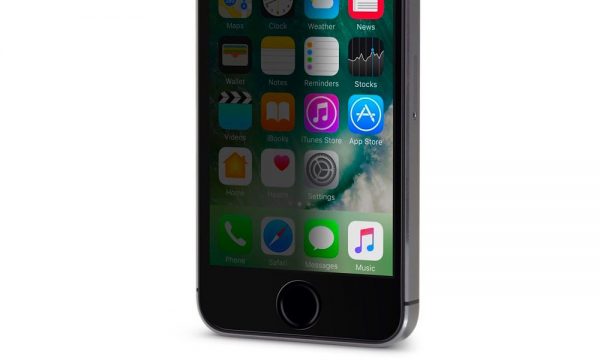
The U.S. Patent & Trademark Office recently published an Apple patent application for a method to control and customize display viewing-angles for various devices.
The patent, “Displays with Adjustable Angles-of-View,” was first filed by Apple in June 2016, but was only made public today. The effect would, presumably, be similar to an aftermarket privacy filter in that the device’s display won’t be viewable from certain angles. But rather than a third-party solution, the method described within the patent calls for a technology integrated into a device’s display.
The patent takes it another step further, however, hinting that such a tech could use an “electrically controllable filter” to allow users to polarize the screen at will, or even adjust the specific field of view for such a mode to be narrower or wider. In essence, this could allow users to turn a “privacy mode” on or off, and tweak the viewable angle dependent on situation or environment.
The main implementation of the patent’s tech would be another layer of liquid crystal basically sandwiched between a device’s substrate layers. The patent also suggests that a color filter embedded in this layer could be used to omit — or include — certain colors or images on a display. Other possibilities include an adjustable backlight unit that could selectively light only certain areas of a screen, according to the patent.
Current LED display technology is notable because of its wide viewing angle, something that was originally a key selling point for the technology. Of course, for the privacy-minded, the only option to negate LCD’s wide viewing angle is a third-party polarizing filter. These aftermarket filters carry their own drawbacks, including decreased color accuracy and brightness.
Apple’s patent application seems to find a way around that, as it mentions that its method will do away with these disadvantages. Additionally, its implementation isn’t just restricted to iPhones or Macs — the patent specifically names a number of devices, from Apple Watches to, interestingly, pendants, headphones or earpieces.
Of course, patent applications aren’t a guarantee of future Apple product features. And since the method described requires entirely new displays to be installed in a device, selectively polarized filters seem like they’re at least a few years off from hitting Apple Store shelves.




